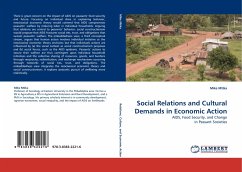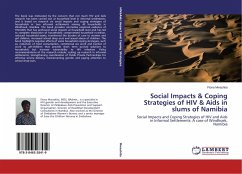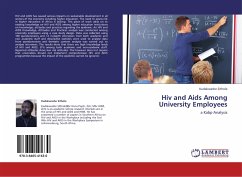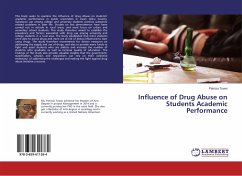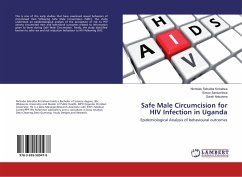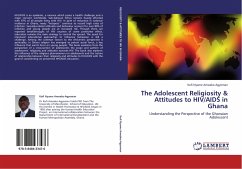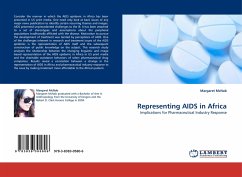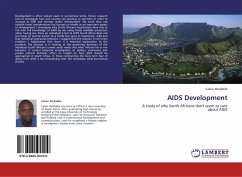There is great concern on the impact of AIDS on peasants' food security and future. Focusing on individual drive in explaining behavior, neoclassical economic theory would contend that AIDS compromises peasants welfare by reducing labor in individual households. Arguing that relations are central to peasants behavior, social constructionism would propose that AIDS fractures social ties, trust, and obligations that sustain peasants welfare. The embeddedness view, a third conceptual stream, argues that human action involves individual initiative as the neoclassical economic theory envisions but that individuals actions are influenced by (a) the social context as social constructionism proposes and (b) social forces, such as the AIDS epidemic. Peasants actions to secure their welfare are thus contingent upon individual household initiatives and the collective sharing of resources, goods, and burdens through reciprocity, redistribution, and exchange mechanisms occurring through networks of social ties, trust, and obligations. The embeddedness view integrates the neoclassical economic theory and social constructionism; it explains peasants pursuit of wellbeing more realistically.
Bitte wählen Sie Ihr Anliegen aus.
Rechnungen
Retourenschein anfordern
Bestellstatus
Storno

